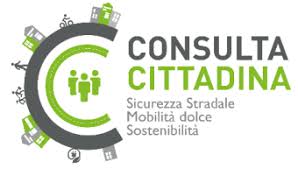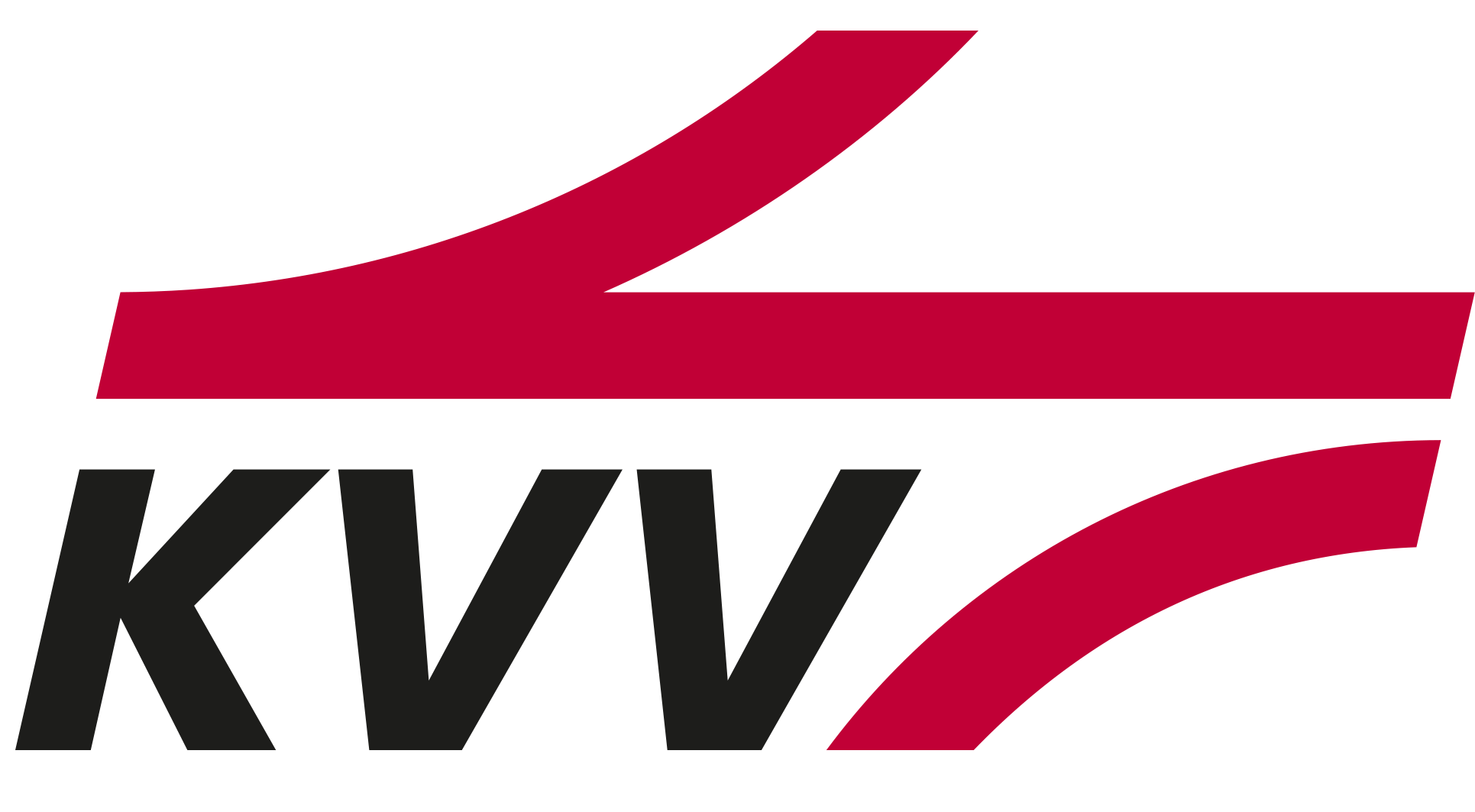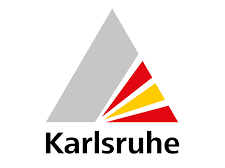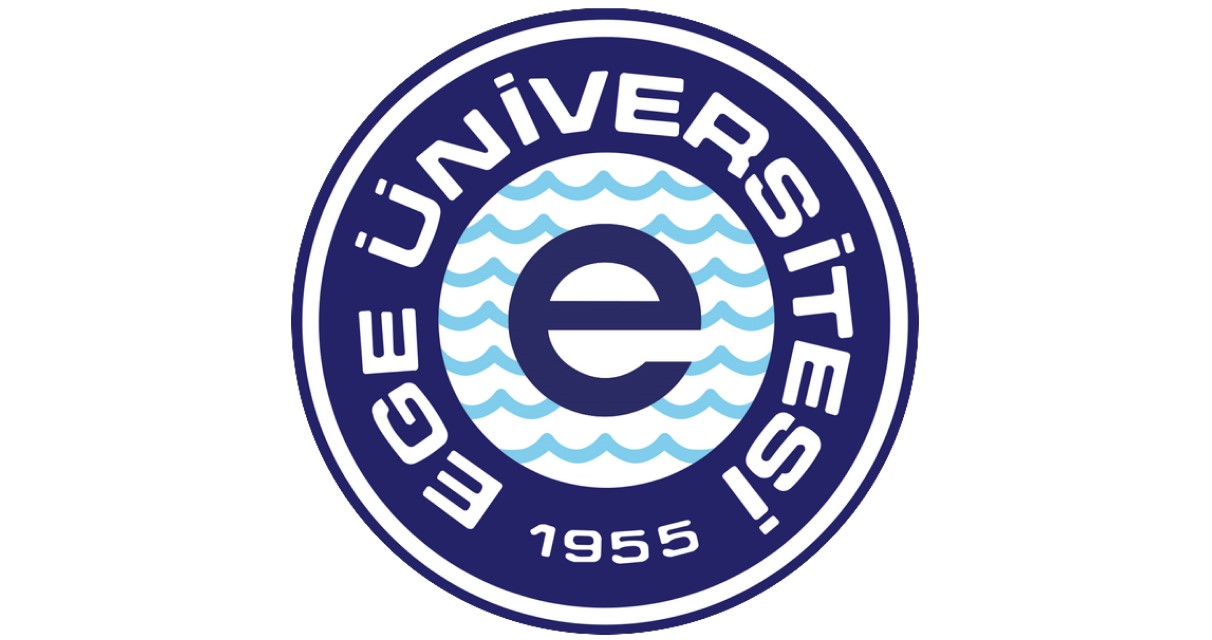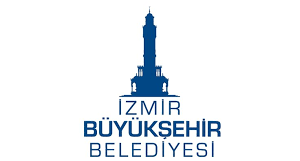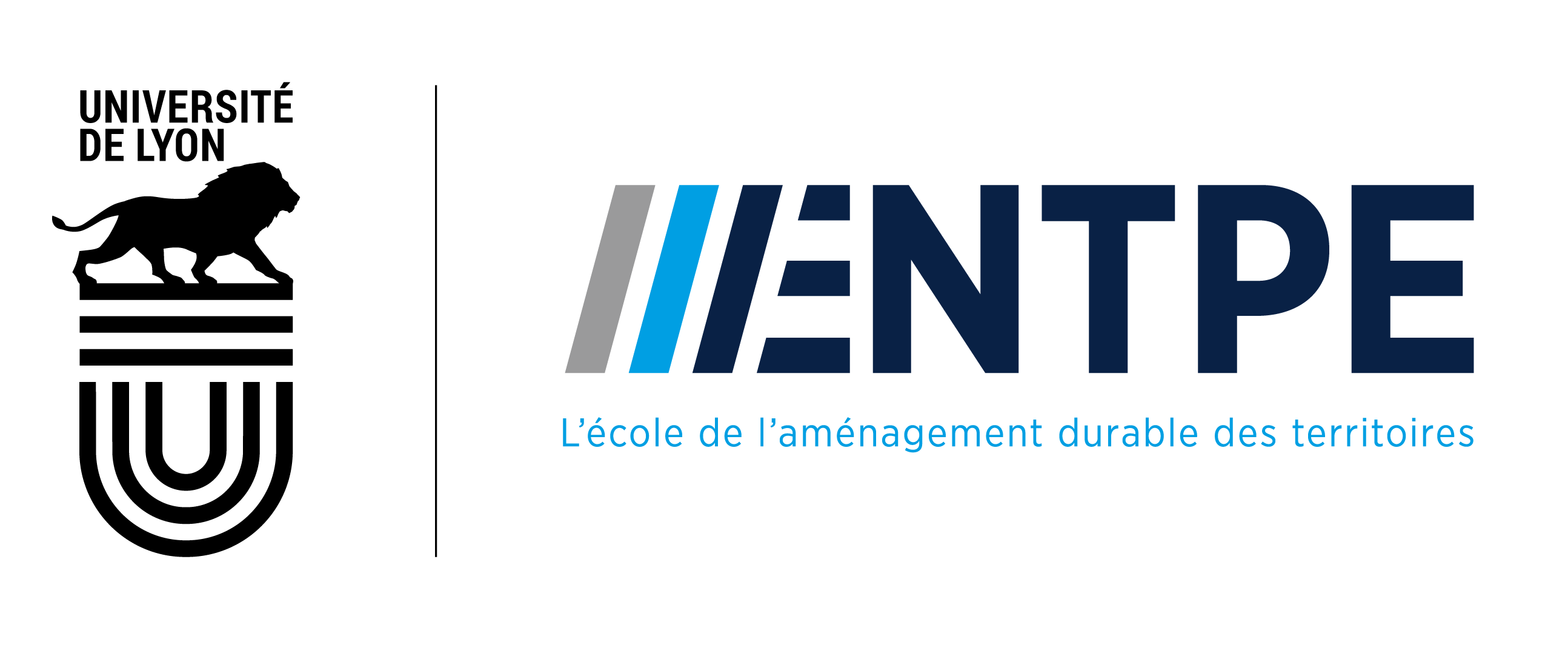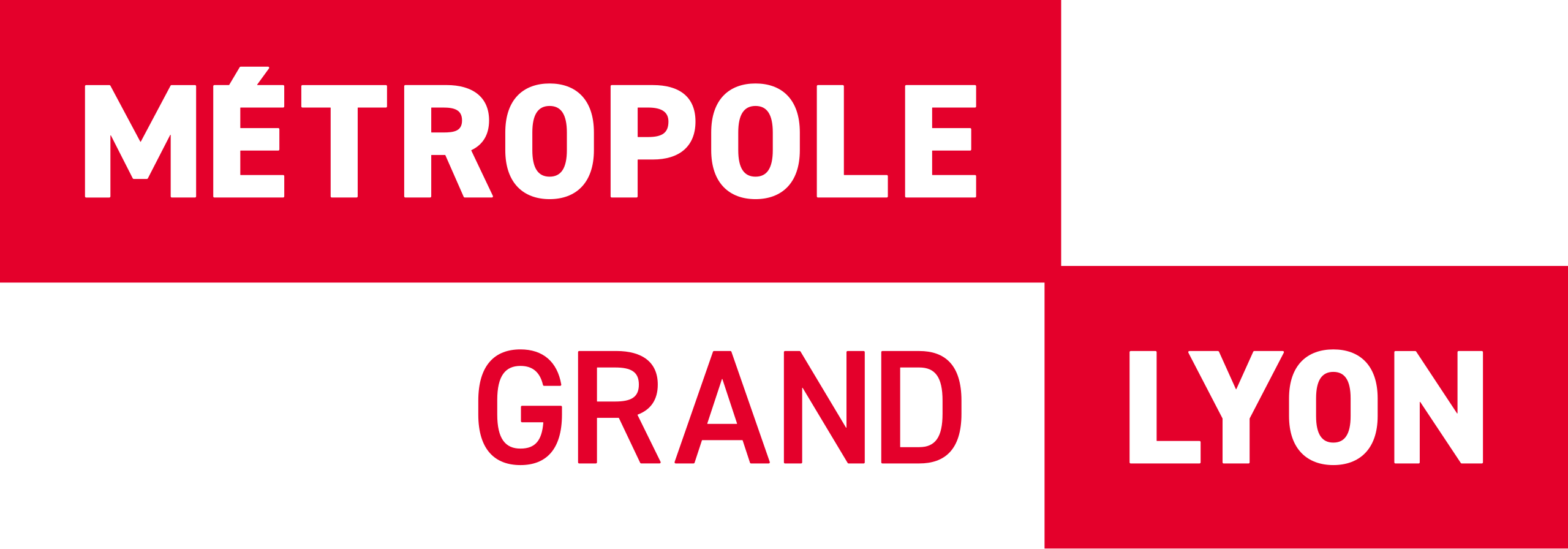Our Consortium
16 leading European institutions and organizations united in transforming cities for a sustainable future
SmartUrbanity Consortium
A diverse alliance of research institutions, technology innovators, cities, and civil society organizations
The SmartUrbanity consortium brings together Europe's brightest minds in urban planning, digital innovation, and citizen engagement. Our multidisciplinary approach combines academic excellence with practical implementation experience, ensuring that our 15-minute city solutions are both scientifically sound and practically viable.
Partner Organizations
Countries
Researchers
Lead Partners
Core institutions driving the SmartUrbanity vision
Sapienza University of Rome
Project Coordinator | Italy
Leading administrative and financial coordination with deep expertise in transportation engineering, urban mobility modeling, and digital platform development. Sapienza develops the core WebGIS technology for both the Accessibility Analysis and Decision Support System platforms.
- Administrative and financial project management
- Accessibility Analysis (AA) Platform Development
- Model Implementation and Data Collection
Movesion S.R.L.
Digital Solutions Development Lead | Italy
Leading the Development of Digital Solutions (WP3) and Rome Use Case implementation. Specializing in platform development with proven expertise in mobility tracking and citizen engagement applications. Develops the core Citizen Engagement App, leveraging successful frameworks from previous urban mobility projects.
- Citizen Engagement App development and deployment
- Incorporates gamification and data collection functionalities
- Rome pilot site coordination and beta testing
CTLup SRL
Technical Coordinator | Italy
Leading Planning, Pilot Implementation and Evaluation (WP4) and serving as Technical Coordinator for the entire project. Coordinates pilot design and execution across all five European cities, ensuring solution validation and comprehensive impact evaluation aligned with diverse urban contexts.
- Technical project coordination and oversight
- Multi-city pilot implementation management
- Solution validation and impact assessment
HUN-REN Institute for Computer Science and Control
Co-Applicant | Hungary
Leading Hungarian research institution specializing in participatory framework development and iterative improvement. Under the direction of Dr. Domokos Esztergár-Kiss, SZTAKI employs agile methodologies and policy tracking systems to refine SmartUrbanity's solutions based on user feedback.
- Framework development through workshops and co-design processes
- Iterative refinement using rapid prototyping and feedback sessions
- Policy tracking system for monitoring implementation and transparency
Karlsruhe Institute of Technology (KIT)
Research Lead | Germany
Leading Research and Analysis and the Karlsruhe Use Case, utilizing mobiTopp/logiTopp agent-based models to identify conditions for achieving 15-minute city goals, covering both passenger and freight transport.
- mobiTopp agent-based modeling (passenger & freight)
- Online knowledge repository development
- Research and analysis coordination
Ege University
İzmir Use Case Leader | Türkiye
Leading the İzmir Use Case and gamification toolkit development, addressing pedestrian safety near urban highways, optimizing logistics, and promoting walkability through gaming strategies and stakeholder engagement events.
- Gamification toolkit and engagement events
- Pedestrian safety and accessibility analysis
- Urban logistics and last-mile delivery
ZHAW Zurich University of Applied Sciences
DRT Extension | Switzerland
Leading the Greater Zurich Area Use Case in partnership with PostAuto, developing MATSim-based agent-based models to optimize demand-responsive transport integration with conventional public transport, particularly for rural and suburban areas.
- DRT-public transport integration strategies
- Dissemination and knowledge sharing
- Data handling and GDPR compliance
École Nationale des Travaux Publics de l'État (ENTPE)
Engagement Lead | France
Leading Policy Recommendations & Strategy Optimization and the Lyon Use Case, specializing in policy analysis, accessibility research, and HAI-enhanced decision-making for active mobility promotion.
- Roadmaps and guidelines development
- Policy assessment and analysis
- User experience research
All Consortium Partners
Complete overview of our collaborative network
Partnership Expertise
Diverse competencies driving innovation across all project dimensions
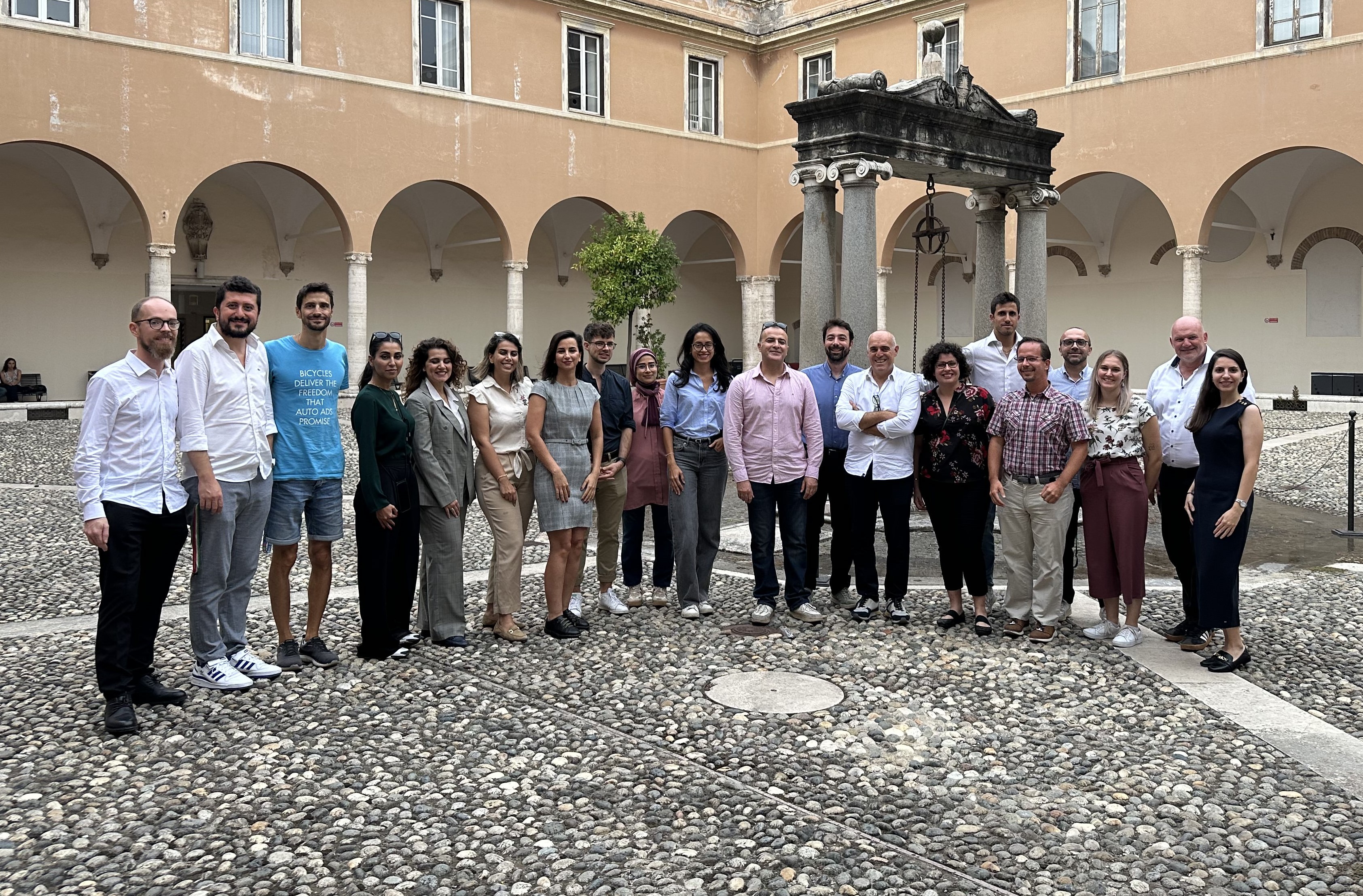
Research Excellence
Top-tier universities and research institutes providing scientific rigor, methodological innovation, and academic expertise in urban studies, computer science, and social sciences.
Municipal Implementation
Forward-thinking cities providing real-world testing environments, policy insights, and practical implementation experience for 15-minute city concepts.
Technology Innovation
Leading tech companies and innovation labs developing cutting-edge digital solutions, platforms, and tools for smart urban planning and citizen engagement.
Community Engagement
Civil society organizations and community groups ensuring citizen perspectives are central to our research and development processes.
Collaboration Framework
How we work together to achieve our shared vision
Co-Creation Approach
Our partnership is built on principles of co-creation, ensuring that all partners contribute their unique expertise while learning from others. Regular workshops, joint research activities, and cross-partner mobility programs foster deep collaboration.
Knowledge Exchange
We facilitate continuous knowledge sharing through:
- Monthly consortium meetings and quarterly assemblies
- Joint research publications and conference presentations
- Staff exchanges and secondments between institutions
- Shared digital platforms and collaborative tools
Governance Structure
Our consortium operates through a clear governance structure that ensures effective decision-making while respecting the autonomy of individual partners:
- General Assembly: All partners participate in strategic decisions
- Steering Committee: Lead partners guide daily operations
- Advisory Board: External experts provide guidance
- Work Packages: Specialized teams focus on specific objectives
Impact Measurement
We continuously evaluate our collaborative effectiveness through joint KPIs, cross-partner evaluations, and shared impact assessments.




